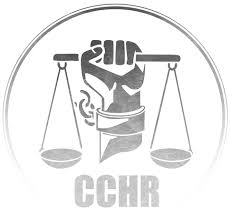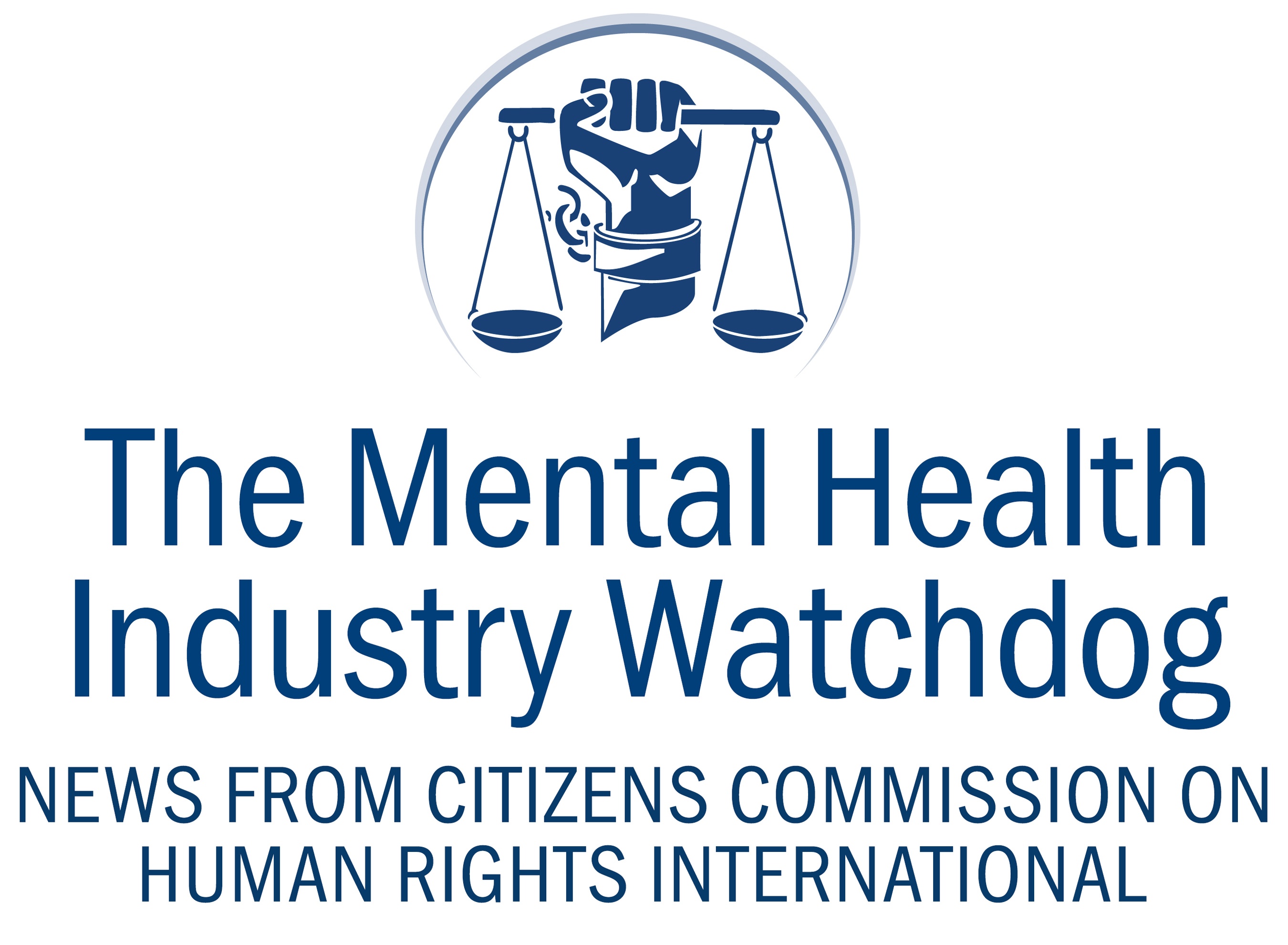A new study published in the fall of 2017 in the Journal of Clinical Psychiatry shows that certain antipsychotics nearly triple the risk of major cardiovascular events in adult patients, compared to those antipsychotics with lower metabolic side-effect profiles. The researchers examined 1,008 adults age 30 and older who were initiated on antipsychotics between 2002 and 2007. Each patient was followed from the time they started the medications until the end of the study period (December 31, 2013) or until they developed a cardiovascular event, died, or disenrolled from their health plan.
The antipsychotics prescribed were separated into three categories—low, intermediate and high-risk—based on the severity of their side effect profile on causing weight gain, increasing lipids and raising glucose levels.
The high-risk drugs were: Thioridazine (Mellaril), olanzapine (Zyprexa) and clozapine (Clozaril)
Intermediate-risk drugs were: Quetiapine (Seroquel) and risperidone (Risperdal)
Low-risk drugs were: Haloperidol (Haldol), aripiprazole (Abilify), ziprasidone (Geodon), trifluoperazine (Stelazine), levomepromazine (used outside the US)
The researchers looked at how many patients ended up having a major cardiovascular event, specifically:
- acute myocardial infarction
- acute coronary syndrome
- ischemic stroke
- peripheral artery disease
- a new revascularization procedure
In total, 19.6% of all patients in the study experienced a major cardiovascular event. It was found that patients in the high-risk antipsychotic group were 2.82 times more likely, and in the intermediate-risk group were 2.57 times more likely, to experience a major cardiovascular event compared to the patients in the low risk group. They felt that the degree of difference was predominantly driven by the enhanced risk of stroke (4% in the low risk, 10.5% of intermediate-risk, and 17.2% in the high-risk group). Diabetes also had a similar enhanced risk (5.8% of the low-risk patients, 6.7% of intermediate-risk patients, and 15.9% in the high-risk group).
Interestingly, there was not a statistical difference in all-cause mortality between the three categories of drugs, and the researchers hypothesize that the increased incidence of cardiovascular events in the high-risk drug groups might be “counterbalanced by other detrimental effects that low-risk drugs might have, such as bacterial infections, hip fractures, malignant neuroleptic syndrome, or exacerbations of congestive heart failure.”
The researchers state in their conclusion that “patients who are prescribed antipsychotic medications considered to be of high or intermediate metabolic risk may face a higher risk of major cardiovascular outcomes during follow-up. Thus, the adequate control of major cardiovascular risk factors remains paramount. Our results warrant further confirmation and external validation.” They also point out that “antipsychotic treatment is associated with higher rates of all-cause mortality in older adults; however, mechanisms underlying this association remain largely unknown.”
This is not the first study to conclude that antipsychotics can increase the risk of stroke and cardiovascular problems. However the authors of this study state that to their knowledge “none have compared antipsychotics on the basis of their proneness to develop metabolic abnormalities such as weight gain, hyperlipidemia, and type 2 diabetes.” Other studies have revealed:
- A study published in the British Medical Journal in 2008 investigated the association between use of typical and atypical antipsychotic drugs and incidence of stroke in patients with and without dementia. The authors found that, “All antipsychotics are associated with an increased risk of stroke, and the risk might be higher in patients receiving atypical antipsychotics than those receiving typical antipsychotics. People with dementia seem to be at a higher risk of an associated stroke than people without dementia and use of antipsychotics should, when possible, be avoided in these patients.”
- In 2015, the journal World Psychiatry published a study that evaluated adverse effects from the use of second-generation antipsychotics (SGAs) in adults aged 18-65 years. The authors wrote, “This study documents, for the first time, a significantly increased risk for stroke and coronary artery disease in a non-elderly adult sample with SGA use. We also confirm a significant risk for adverse metabolic outcomes. These findings raise concerns about the longer-term safety of SGAs, given their widespread and chronic use.” The researchers also found that in addition to the well-established risks of SGAs, “there was a significantly increased risk for myocardial infarction, stroke, angina, hypertensive heart disease, coronary artery disease, and transient ischemic attack [also called a mini-stroke].”
- A study from 2013 published in Spain’s Revista de Neurología found that patients treated with antipsychotic drugs had a greater prevalence of several cardiovascular risk factors (diabetes, obesity, etc.) and the presence of stroke was higher in those treated with antipsychotics.
- The British Journal of Psychiatry published a study in 2007 that concluded that metabolic disease (a group of risk factors that increase ones risk for heart disease, diabetes, stroke and more) and cardiovascular risk are more prevalent among people treated with antipsychotics.
There have also been 40 international drug regulatory agency warnings on antipsychotics causing cardiovascular disorders.
With 1.6 percent of American adults taking antipsychotics according to a recent research letter published online by JAMA Internal Medicine, it is of concern that many of the drugs in this category can increase the risk of major cardiovascular events by nearly three times.









Leave A Comment
You must be logged in to post a comment.